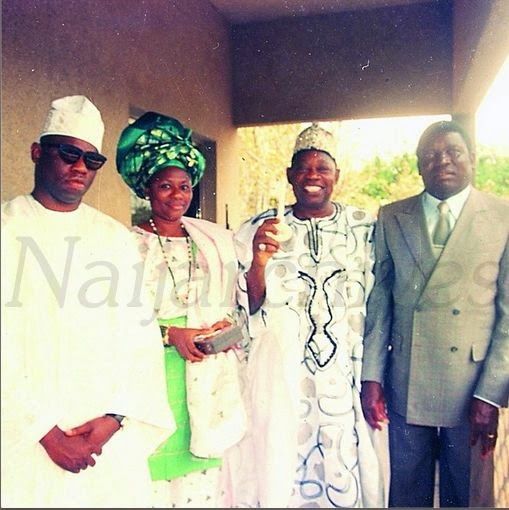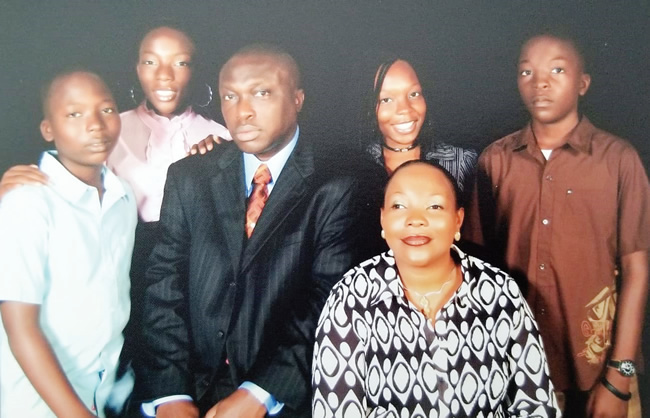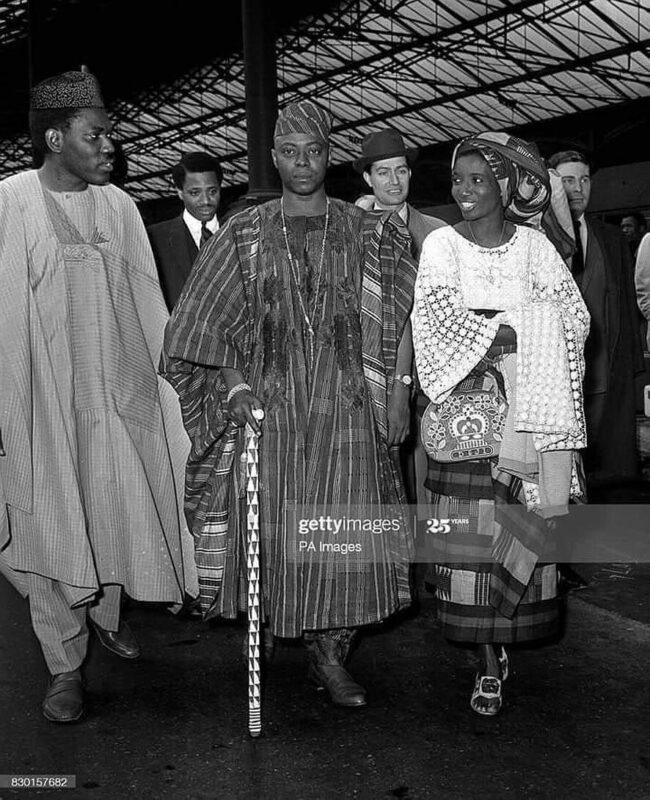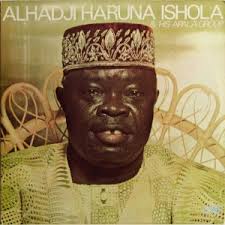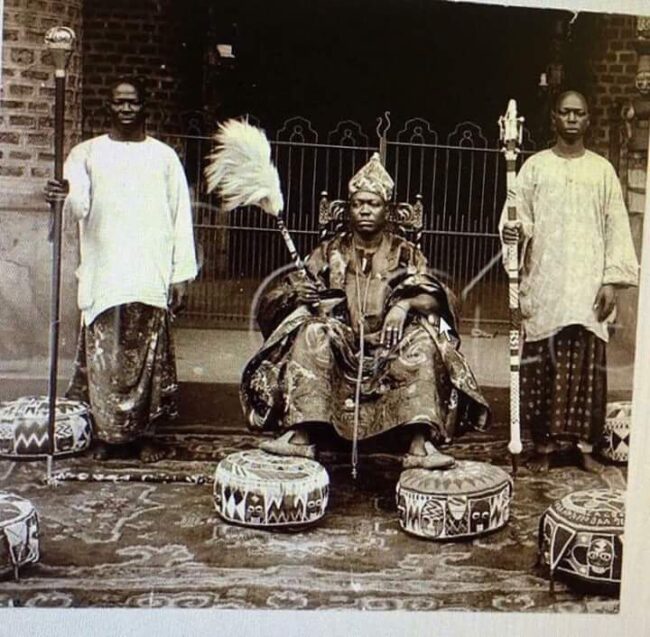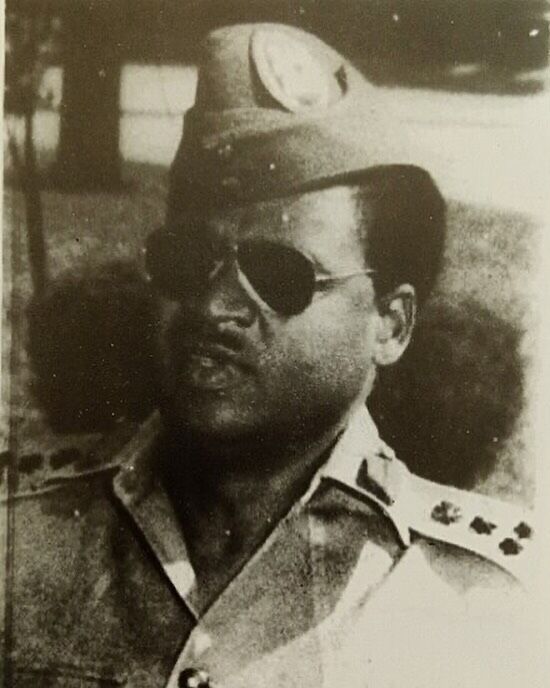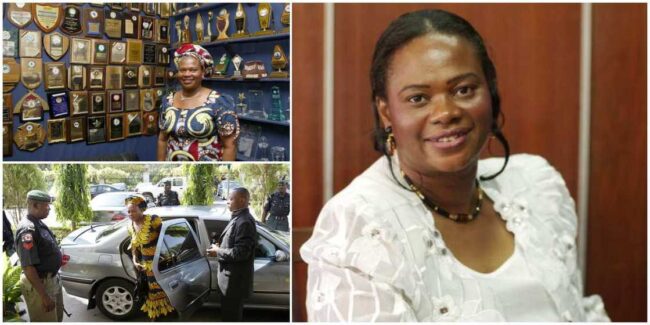“Alowonle” was a significant player in the mid-20th century music scene. Born in the early 20th century in 1919, Haruna Ishola Bello MON passed away on July 23, 1983. Among the most well-known performers in the apala genre was him. Nigeria’s Ibadan is where he was born.is recognized as the founder of Apala music in Nigeria, using instruments including lamellophone, akuba, claves, drums, and agogo bells. In Nigerian courts, Haruna Ishola faced up against his former business partner in a historic case. Ishola wanted to establish his own record company in 1964 in order to take full creative control and management over his earnings. A respectable businessman was invited to join him as a partner. Renowned in the music world, Nurudeen Omotayo Alowonle was a shrewd investor. At the time, he was so well-known that any youngster with the name Nurudeen would go by his moniker, Alowonle. F. S. Balogun and another gentleman were also invited to join the company. Ishola recognized that the rules of engagement needed to be written down for the partnership to be legitimate, but he couldn’t afford a professional attorney because his previous label had mismanaged his revenues. The four agreed to become partners by signing a handwritten contract on May 28, 1964. “Express Record Dealers Association” was the moniker they settled on for the collaboration. The agreement states that the “Express Record Dealers Association” was established with the intention of releasing music under the distinctive label Alowonle Sounds Studio. The company chose Nurudeen Alowonle as its managing director. The company saw tremendous growth, but anxiety also accompanied the increased success. Alowonle was charged in 1966 with embezzling earnings and money from record labels into his own personal bank account. Dissolution of the partnership took place on February 7, 1967. The former partners then made the decision to retire the company name. In the middle of 1967, Ishola happened to come across several brand-new recordings at a nearby music store that were labeled “Express Record Dealers Association.” After purchasing many copies, he started a covert inquiry. He questioned who could have the guts to market the records under the former partnership’s trade name. It was the former Managing Director, Nurudeen Alowonle. Honorable Justice George Sodeinde Sowemimo presided over the case that Ishola dragged his former partner to. Alowonle filed for a trademark on the name in November 1967. However, when he presented the handwritten contract from 1964, Justice Sowemimo declared Alowonle’s trademark on the record label name void, forbade him from using the brand name independently, and ordered Alowonle to reimburse Ishola for money that was embezzled between 1966 and the partnership’s termination because he was unable to produce official documentation attesting to Ishola’s and the other two partners’ equitable share of profits.

